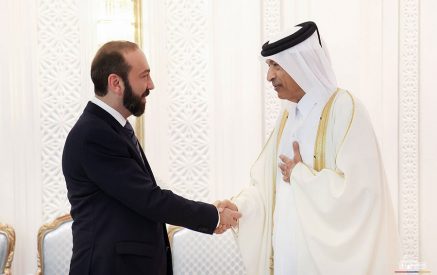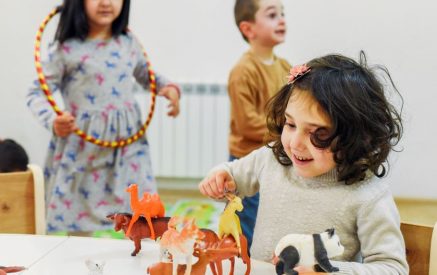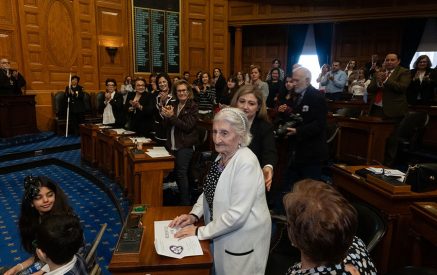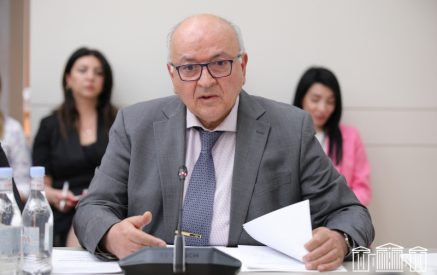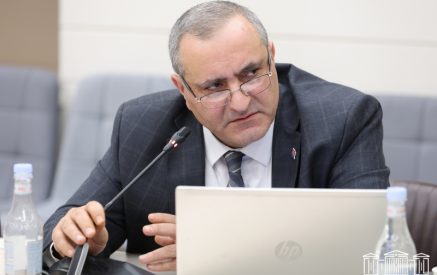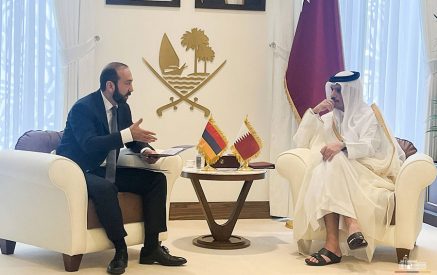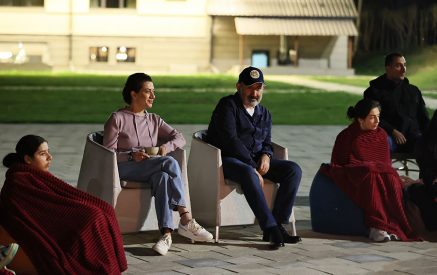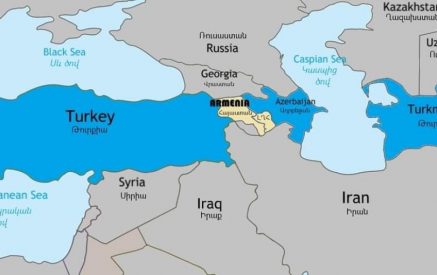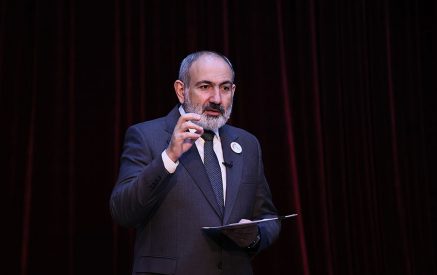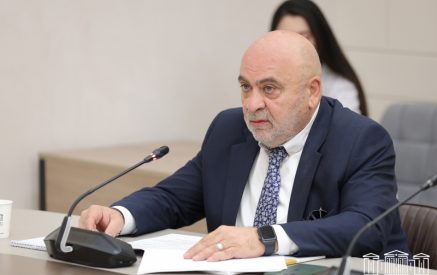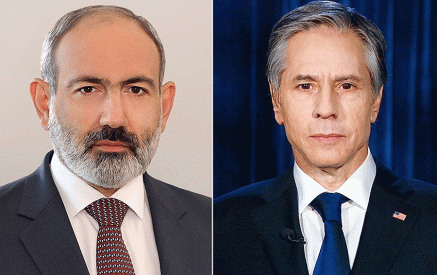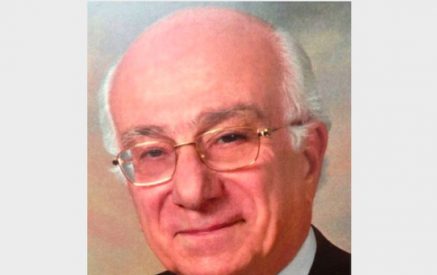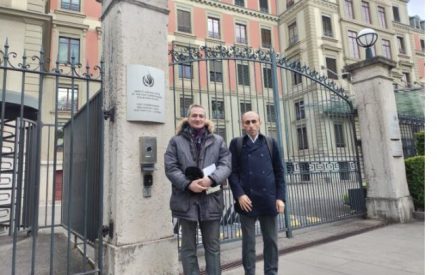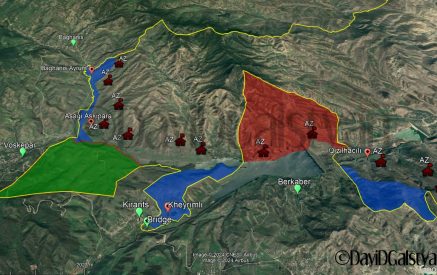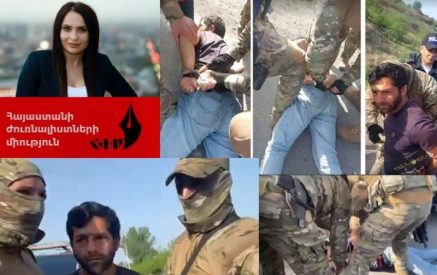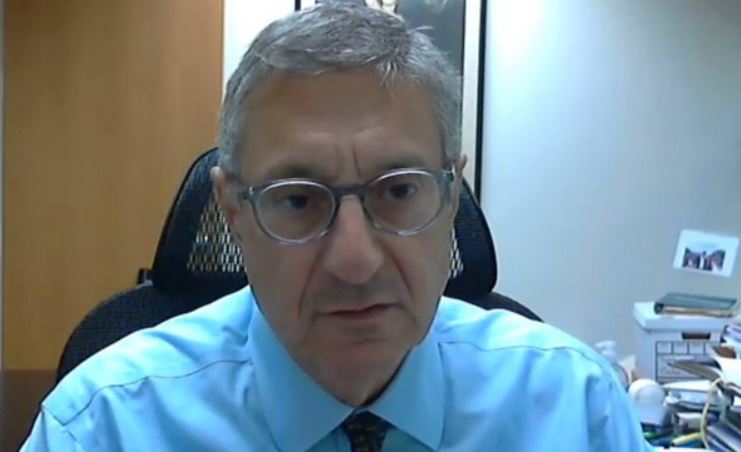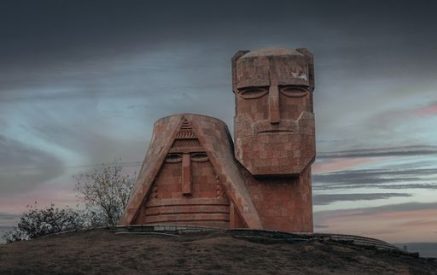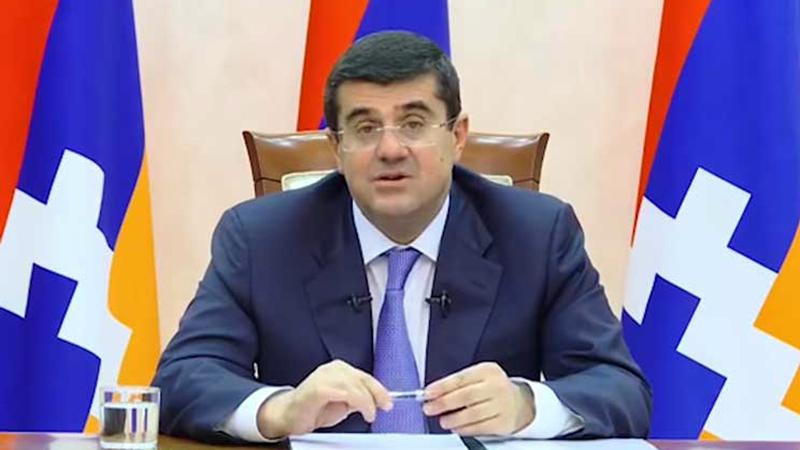Van Krikorian Addresses “Advancing Genocide Prevention Beyond Failed Current Conventions – The Role of Victim and Survivor Groups” To The Transnational Government of Tamil Eelam (TGTE) Parliament at The New York City Bar Association
Harkens Back to 1977 Congressional Record on Physical and Cultural Genocides in Turkey and Azerbaijan to Illustrate Need for New Tools
New York – Armenian National Institute (ANI) chairman Van Z. Krikorian addressed the Transnational Government of Tamil Eelam (TGTE) Parliament May 19 in New York City. TGTE represents the Tamil people of Sri Lanka living overseas and seeks redress for atrocities committed against their population.
Read also
In his opening remarks Krikorian expressed sympathies and solidarity with the victims, survivors, their families, friends and supporters in addressing the genocide and dispossession against the Tamil people in Sri Lanka.
Focusing on the limitations and failures of the 1948 UN Convention on the Prevention and Punishment of the Crime of Genocide, Krikorian noted that “Today, there are more genocide studies, prevention organizations, reports, governmental, multinational, and non-governmental institutions committed to prevention, and the International Criminal Court, limited as it is, to deal with perpetrators, media coverage, educational curricula, symposia and more attention to the subject of genocide than ever before. Yet genocidal behavior not only continues but seems to increase, and with impunity. The US Holocaust Museum’s early warning project today lists 30 countries at risk for mass killings. The Genocide Watch NGO currently posts genocide alerts for over 20 countries.”
Krikorian called attention to documentation and reports on the Tamil Genocide, US Commission on International Religious Freedom’s, and other confirmations of the ongoing destruction of Hindu and Muslim religious and cultural sites by the Sri Lankan Ministry of Defense which is transforming the region’s demographic landscape, and the Human Rights Watch finding that “The Sri Lankan government has responded to international scrutiny of its rights record with a false and misleading public relations offensive.”
Drawing parallels with the experience of Armenian and other genocide victim’s experiences, in particular to show how the same problems recur to victim groups over time, he recalled that “in preparing for today, our Armenian National Institute Director reminded me that in 1977, Congressman Sisk made a statement of outrage about the same practice, and let me read from the account Sisk shared with the House of Representatives. After setting out some background on Armenian Genocide legislation, Congressman Sisk went on ‘With this in mind, I cannot emphasize too strongly my own disgust both with the architectural destruction that the Turks are encouraging and the obvious motives underlying their actions.’
His statement then went on to quote from a report in the Washington Star newspaper about the same type of behavior from the Soviet period: “In the Armenian [SSR] Republic itself, that policy of preservation appears to be honored… But neighboring Azerbaijan, which has a large Turkish population, has presented a problem. Regions of Armenia not even bordering on the Azerbaijan Republic have been turned over to Azerbaijan and designated as autonomous regions with that republic. Thus, Azerbaijan’s territory leapfrogs over parts of Armenia, separating parts of it from the motherland to which it is bound by religion, culture, and history. These two regions, Nakhichevan and Gharabagh, once overwhelmingly Armenian are having their populations supplanted by alien populations and cultures with apparently strong contempt for the Armenians. Nakhichevan’s Armenian population has been reduced to a minority status when it was almost totally Armenian. Gharabagh fast is being reduced to a non-Armenian area. In the process, the new alien population is running roughshod over the religious and cultural sites, chopping highly revered properties khachkars into building blocks. Khachkars are intricate monuments which embellish churches or stand in “forests” of religious monuments. There is an unmistakable sacred value attached to them by Armenian Christians. A group of Italian architectural experts, who recently traveled into Azerbaijani territory, said the government has imposed strict prohibitions against the Armenians even visiting the 16th and 18th Century monuments near the ancient city of Hin Dchouga in Nakichevan…”
Krikorian primarily reviewed the current tools available to prevent and punish genocide and their efficacy, the clear need for new tools, some of the legal debate about amending the Genocide Convention, suggested additional legal mechanisms, and detailed the critical role of victim groups in all these efforts, concluding with: “We need leaders who understand as Gandhi famously did that ‘You cannot inject new ideas into a man’s head by chopping it off; neither will you infuse a new spirit into his heart by piercing it with a dagger.’ And ‘An eye for an eye will leave everyone blind.’”


